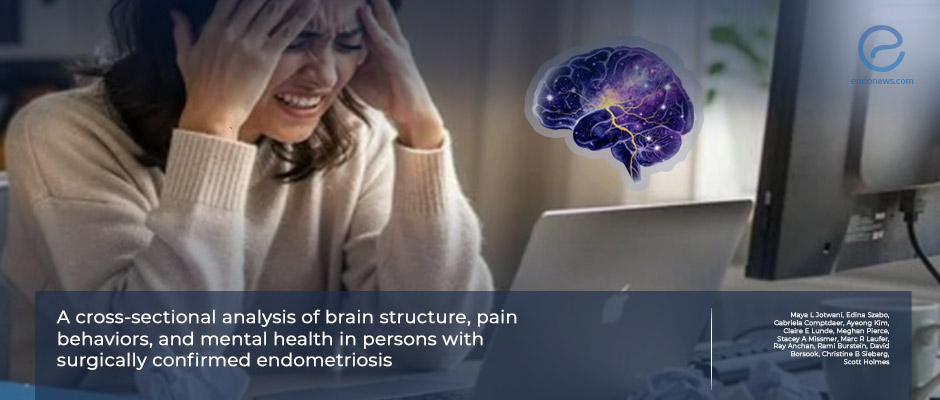Search :
Psychological Burden of Endometriosis During Assisted Reproduction
For many women, endometriosis is not only a fertility-related diagnosis but a long-term pain condition that can shape daily functioning, intimate life, and emotional well-being. When fertility decisions are on the table, this burden may intensify in distinct ways. In…
Key Points Lay SummaryThoracic Endometriosis Surgery: Effective Intervention or Incomplete Solution?
Thoracic endometriosis is a rare and often overlooked form of endometriosis in which tissue similar to the uterine lining grows in or around the lungs and chest cavity. It can cause serious and recurring symptoms, such as lung collapse (pneumothorax),…
Key Points Lay SummaryAdvanced Endometriosis and Cardiometabolic Risk: Evidence From Lipid Biomarkers
A new study from the United States suggests that advanced forms of endometriosis, particularly ovarian endometriosis (endometriomas) alone or combined with deep infiltrating endometriosis (DIE), are associated with unfavorable blood lipid profiles, which are known markers of cardiometabolic risk. The research was…
Key Points Lay SummaryHow Second Medical Opinions Transform Endometriosis Diagnosis
Seeking a second medical opinion from an endometriosis expert can make a meaningful difference for patients whose pain has been unsuccessfully treated or whose diagnosis remains uncertain, according to a new nationwide study from France. In this study, researchers led…
Key Points Lay SummaryAutophagy dysregulation reshapes our understanding of endometriosis biology
Autophagy is a normal cellular process that helps cells survive stress by breaking down and recycling damaged components. In recent years, this process has attracted growing attention in endometriosis research, as endometriotic lesions are exposed to challenging conditions such as…
Key Points Lay SummaryNutrition and Pain Management in Endometriosis
Many women with endometriosis turn to dietary changes to help manage pain and improve daily functioning, often in the absence of clear clinical guidance. In a narrative review published in Advances in Physiology Education, Dr. Redman and colleagues examine the…
Key Points Lay SummaryCurrent Endometriosis Scales Fail to Capture Patient-Reported Symptoms
Pain during periods is associated with higher pain intensity in women with endometriosis, according to a new study by Portuguese researchers. On the other hand, painful urination is associated with lower pain intensity. Importantly, pain intensity is not associated with…
Key Points Lay SummaryEndometriosis Does Not Impair Implantation After Oocyte Donation
Endometriosis is a common gynecological disease that affects up to 40% of women experiencing infertility. It can reduce the chance of pregnancy by damaging the ovaries and lowering the number and quality of eggs, through mechanisms such as chronic inflammation,…
Key Points Lay SummaryAncient Genetic Variants and Modern Pollutants in Endometriosis Risk
Researchers are increasingly examining how genetic susceptibility interacts with modern environmental pollutants to influence the development of endometriosis. In a new study published in the European Journal of Human Genetics, a team led by Dr.A.Mantzouratou investigated whether inherited regulatory variants may…
Key Points Lay SummaryThe Endometriosis–Brain Connection
A study published in Communications Biology (Nature Portfolio), the teaam led by Dr. Scott Holmes at Boston Children’s Hospital and Harvard Medical School, explored whether long-standing endometriosis-associated pain is linked to differences in brain structure, and whether these patterns vary with age. The researchers…
Key Points Lay Summary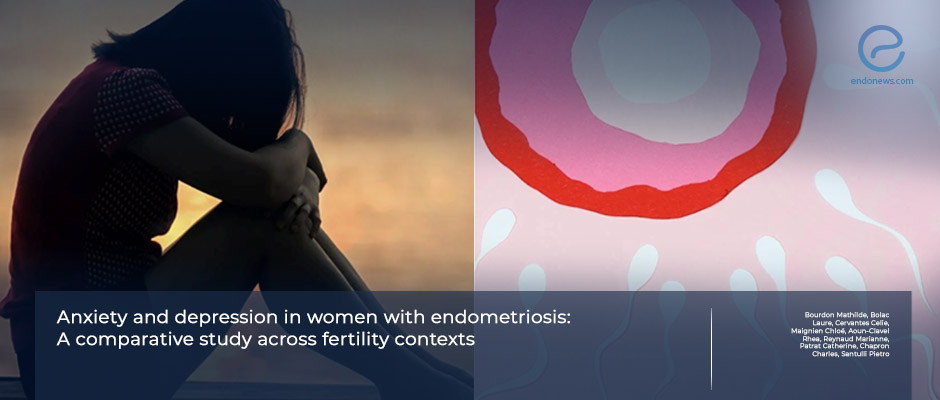
 By Hale Goksever Celik
By Hale Goksever Celik
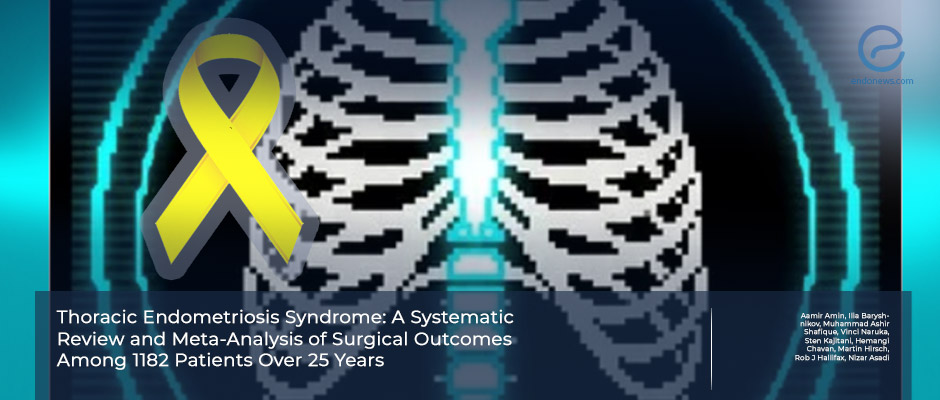
 By Ayse Ayhan
By Ayse Ayhan

 By Özge Özkaya
By Özge Özkaya
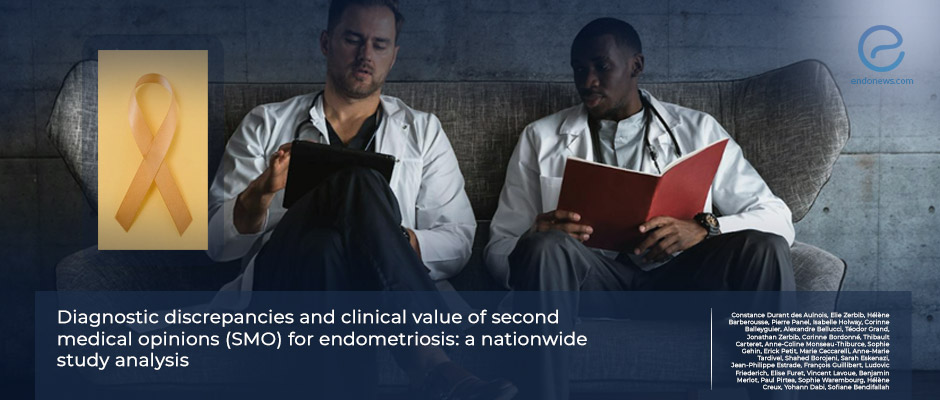
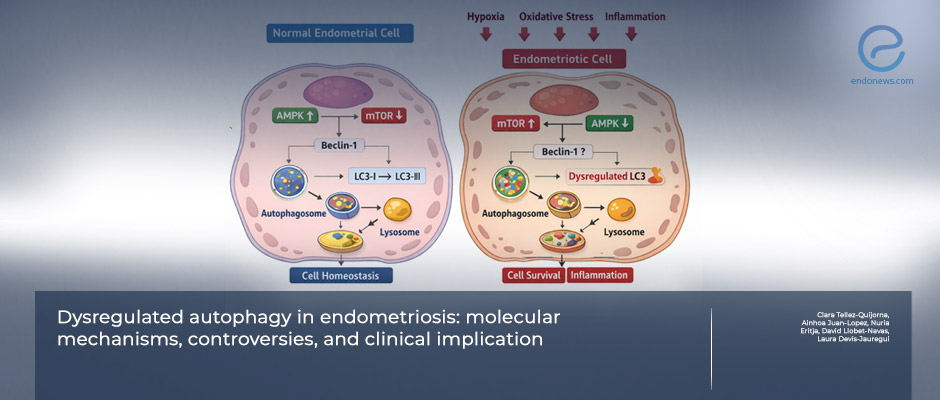

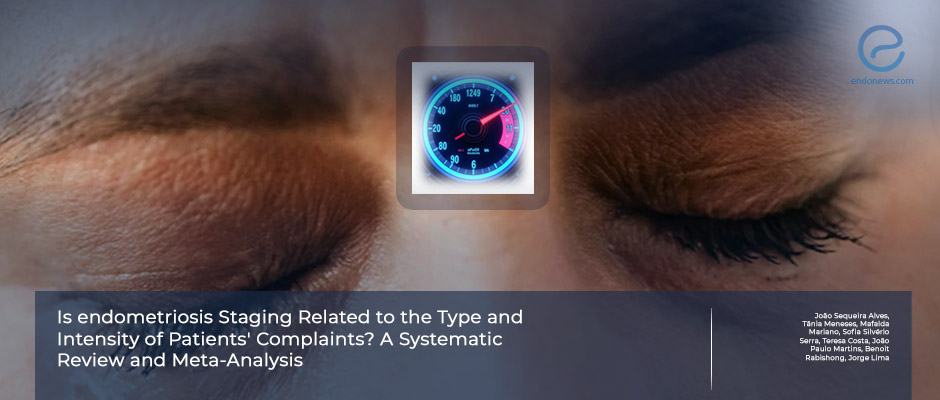
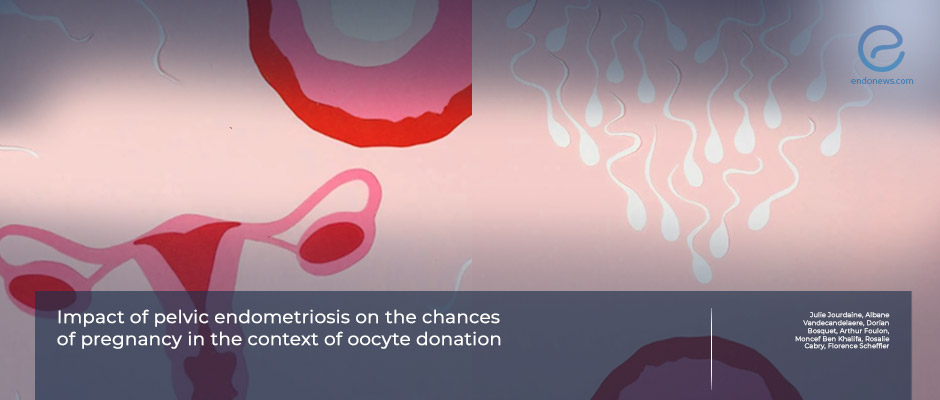
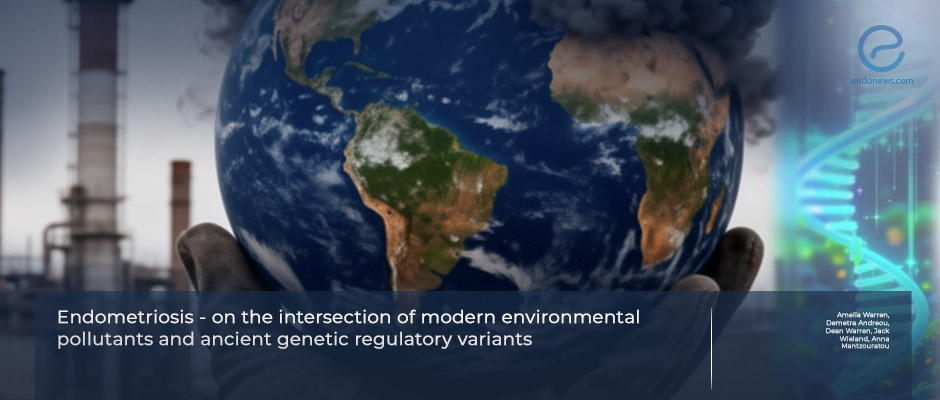
 By Selma Oransay
By Selma Oransay
